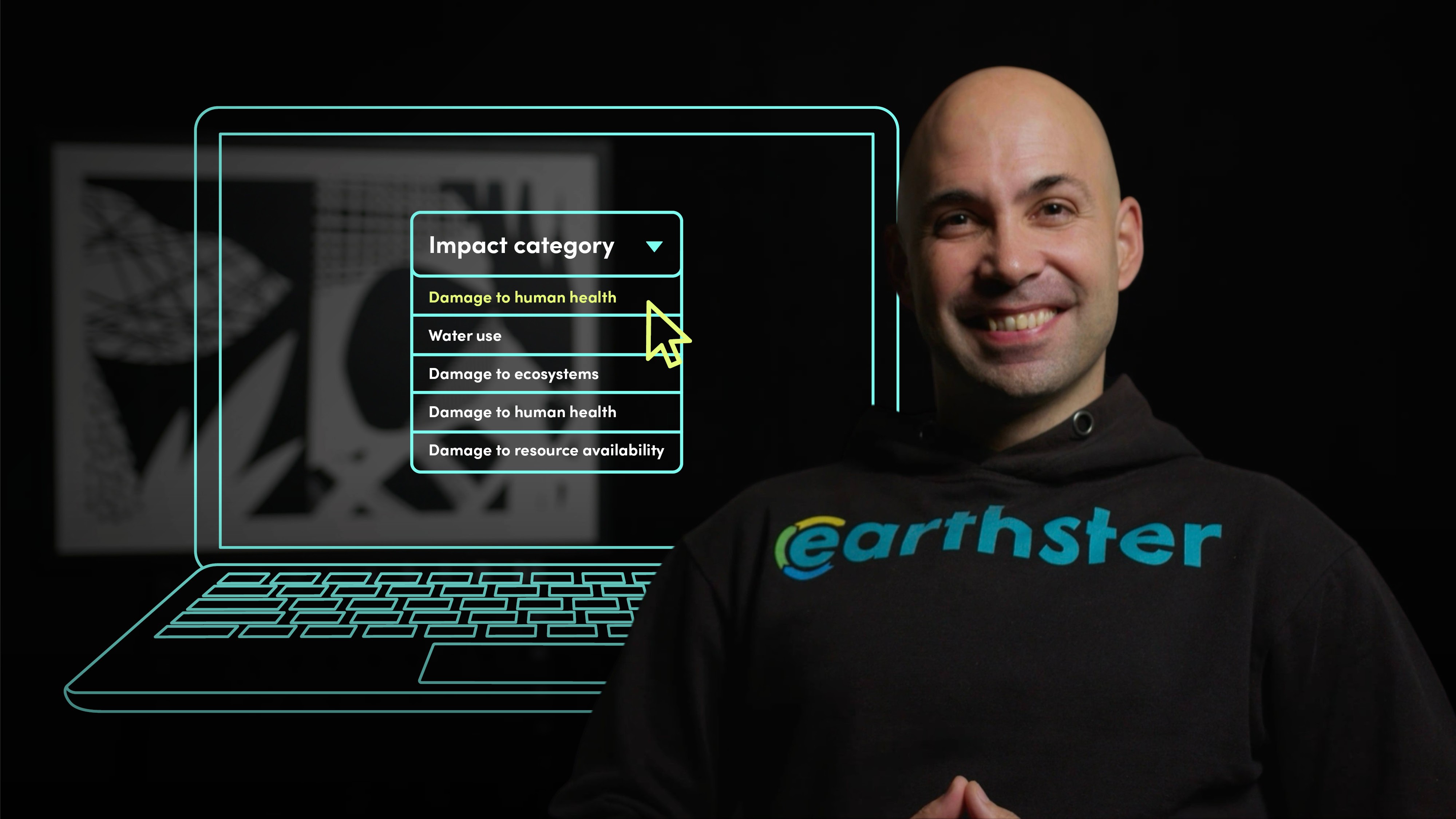
How Life Cycle Assessments Work

Daniel Collado-Ruiz
18 years: Life Cycle Assessment
What are the bare bones of every life cycle assessment? Good industry data. Join Daniel Collado-Ruiz as he explains why having the best data is crucial.
What are the bare bones of every life cycle assessment? Good industry data. Join Daniel Collado-Ruiz as he explains why having the best data is crucial.

How Life Cycle Assessments Work
8 mins
Key learning objectives:
Define life cycle impact assessment (LCIA)
Understand the importance of data
Overview:
The life cycle impact assessment (LCIA) is the step where we translate our model and inventory into a set of potential environmental impacts. Scientific bodies around the world have developed impact methods. Such methods are lists of impacts that they can measure (called impact categories), and the impact factors that we should apply to every input or output to convert it to a shared group of units.
What is a life cycle impact assessment (LCIA)?
Life cycle impact assessment is the step where we translate our model and inventory into a set of potential environmental impacts.
Why is data so important for LCAs?
When creating an LCA models, you need to input each process. A process represents one given human activity, and they include a compilation of different inputs and outputs for that human activity to be carried out. In some cases, those inputs or outputs may be specific to the activities we are measuring in our LCA, so we must gather information about the processes producing those. In other cases, they may be generic, or we may not have information about the nature of those processes. In such cases, we are often able to pick from available databases of average industry data. However, those averages are generated by different professional and academic organisations. This means that even though we have thousands of processes to select from, we may not find the combination of process, context and geography we are looking for.

Daniel Collado-Ruiz
There are no available Videos from "Daniel Collado-Ruiz"

